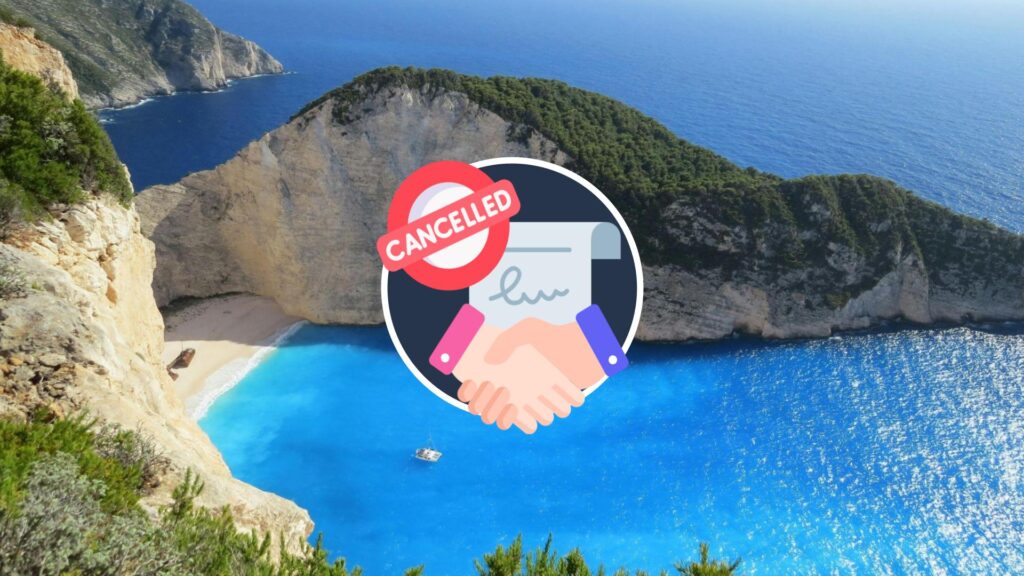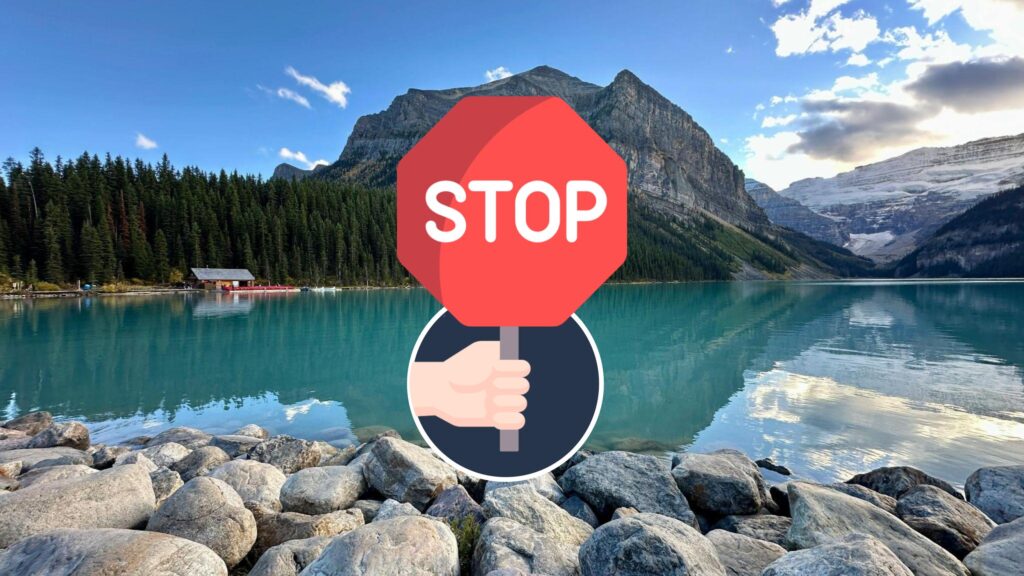Purchasing a timeshare resale is a significant decision that requires careful planning and at least a little research. With more a few factors to consider, from ownership types to exchange options, understanding the intricacies of the resale market can enhance your buying experience.
This articles covers 5 of the most important concepts you need to know before buying a timeshare on the resale market. Read on to get some essential insights to help you make an informed decision!
- Determine which resort or brand works best for your needs
- Learn the basics of timeshare exchange
- Get familiar with seasons, use years, and booking windows
- Know the closing costs and maintenance fees
- Understand your rescission period





Is the timeshare part of a resort network? If so, does it allow for internal exchanges to other properties within that network? Timeshares that offer internal exchanges systems, like Hilton Grand Vacations or the Vistana Signature Network, provide added the flexibility to use points for traveling to different locations without paying any external exchange fees.
Many well-known points-based timeshare ownerships available on the resale market enable owners to use their points to book a variety of destinations within the network. Understanding how these points systems operate, which resorts are included, the points required for booking your desired resorts, and any developer-specific rules and limitations are crucial factors in choosing the right listing for your needs.
Below is a chart detailing the top five name-brand timeshare developers, including the number of resorts in their network and the average points needed to book a two-bedroom villa.
| Marriott | Hilton | Vistana | Disney | Hyatt | |
|---|---|---|---|---|---|
| Points | |||||
| Weeks 1 | |||||
| Avg # of Points 2 | 4,150 | 11,200 | 148,000 | 395 | 1,600 |
| # of Resorts | 80+ | 60+ | 22+ | 16+ | 16+ |
| 1 Marriott offers the option to purchase a deeded week at a particular resort as well as a points-based option | |||||
| 2 Average number of points needed for 7 nights in a 2 bedroom villa | |||||


Is the resort connected with an exchange company like Interval International (II) or RCI? If so, do the maintenance fees include the cost of the annual membership with the exchange company, or is this an additional expense on top of the annual dues?
| Marriott | Hilton | Vistana | Disney | Hyatt | |
|---|---|---|---|---|---|
| Exchange | II 1 | RCI 2 | II | II | II |
| Membership | Annual Abound club dues for points owners covers the cost of II membership, non-Abound-enrolled weeks owners pay annual II membership fees separately | Hilton’s annual club dues cover the cost of RCI membership for all owners | Abound annual club dues covers the cost of II membership for enrolled owners, non-Abound-enrolled owners pay annual II membership fees separately | DVC members pay annual II membership fees separately | Hyatt’s annual fees cover the cost of RCI membership for all owners |
| 1 Some deeded Marriott weeks also exchange with RCI | |||||
| 2 A small number of Hilton resorts also exchange with II | |||||
Understanding how to use your timeshare to book your vacations is undoubtedly the most important information to learn. Having a clear understanding of how often you can book your vacations, which weeks are available for booking, how far in advance you can plan your vacations, and when your timeshare usage expires is essential to getting the most out of your timeshare.
Usage Rights
Is the ownership you’re looking into purchase able to be used every year, or every other year? Is it a deeded ownership that lasts forever, or is it a right to use that carries an expiration date? Be sure to have a clear understanding of what usage rights are afforded to you when purchasing a timeshare.
Seasons
Timeshare resorts categorize each week number on the calendar into various seasons. Common season names include Platinum, Platinum Plus, Gold, Silver, and many more. These seasons are differentiated by travel demand, and the week numbers that are part of each season is different at each resorts. Some resorts, like those in Hawaii, maintain consistent demand year-round and only offer a Platinum season, reflecting higher holiday pricing.
An ownership’s season also influence sales prices, with high-demand weeks being priced higher than off-season weeks.
Use Years

Use Year defines a specific 12 month period of time in which a timeshare owner can use their allotted vacation time. Use Year is also used to determine banking deadlines, when an owner’s account is credited with their vacation usage, and when that usage expires.
Booking Windows
Your booking window describes how far in advance you can book your vacations. For timeshares that use points to make reservations, the underlying ownership is often deeded to a particular “home” resort.
The chart below shows you the booking windows for the top name-brand developers, which determine how far in advance you can book vacations at your home resort, as well as other resorts within that developer’s resort network.
| Marriott | Hilton | Vistana | Disney | Hyatt | |
|---|---|---|---|---|---|
| Reservation Window 1 | 12 months 13 months2 |
Home: 12 months Any: 9 months |
Home: 12 months Any: 8 months |
Home: 11 months Any: 7 months |
Home: 12 months Any: 6 months |
| 1 How far in advance you can book your vacations | |||||
| 2 Available to points owners with higher membership levels, or weeks owners will multiple weeks booking consecutively or concurrently | |||||
Maintenance Fees
How frequently are maintenance fees paid? Some resorts bill monthly, others quarterly, and some annually. For biennial ownerships, some resorts split the fee into two 50% payments each year, while others bill the full fee only in the year of usage. Ensure you understand the payment frequency, current amount, and next due date.
Closing Costs & Transfer Fees
Typically, the buyer is responsible for closing costs and transfer fees, so it’s important to understand this financial commitment. Some developers, such as Hilton Grand Vacations, also charge an activation fee once the ownership transfer has been completed.
If you’d like to get empowered by learning the key aspects of timeshare closing costs when purchasing or selling a timeshare on the resale market, check out our article here: Timeshare Resale Closing Costs: Everything You Need To Know.
Timeshare Resale Purchase Agreements
When buying a timeshare on the resale market, the purchase agreement should clearly outline the closing costs, transfer fees, and maintenance fees you’ll be expected to pay. This clarity allows a third-party closing company to verify that the ownership being transferred aligns with the buyer’s expectations.

A timeshare rescission period, also known as a cooling-off period, is a window of time following the signing of a timeshare contract during which the buyer can cancel the agreement without incurring any penalties. This period provides buyers with a chance to reconsider their purchase and ensure it aligns with their vacation plans and financial situation.
Rescission periods vary from state to state, with timeframes typically ranging from a little as three days to as many as fifteen days. It’s also possible for the parties involved to legally agree on which set of state laws apply to the purchase, especially when the property being purchased is in a different state from where the sale takes place.
If you’d like to learn more about timeshare rescission periods, see the specific buyer protections for each state, and learn key steps for exercising your right to cancel a timeshare purchase, check out our in-depth article here: Timeshare Rescission Periods Explained: What Timeshare Buyers Need to Know.
Wrapping Up
Purchasing a timeshare resale demands thoughtful consideration and thorough research. Selecting an experienced broker is key to having a trustworthy source of information as you proceed through the process of buying a timeshare on the resale market. Whether it’s understanding more about the timeshare you’re interested in, learning how to use it, or familiarizing yourself with the resale process, we love helping our clients achieve their dream vacations year after year!
So, whether you’re just dipping your toes into the waters of timeshare ownership or you’re ready to dive in, our team of licensed Real Estate agents can help you navigate the process. If you have any remaining questions regarding the timeshare resale industry, feel free to contact us today for a free consultation.





